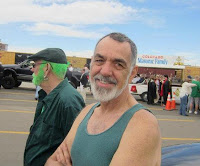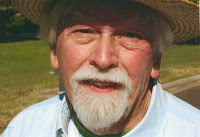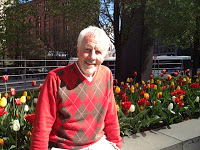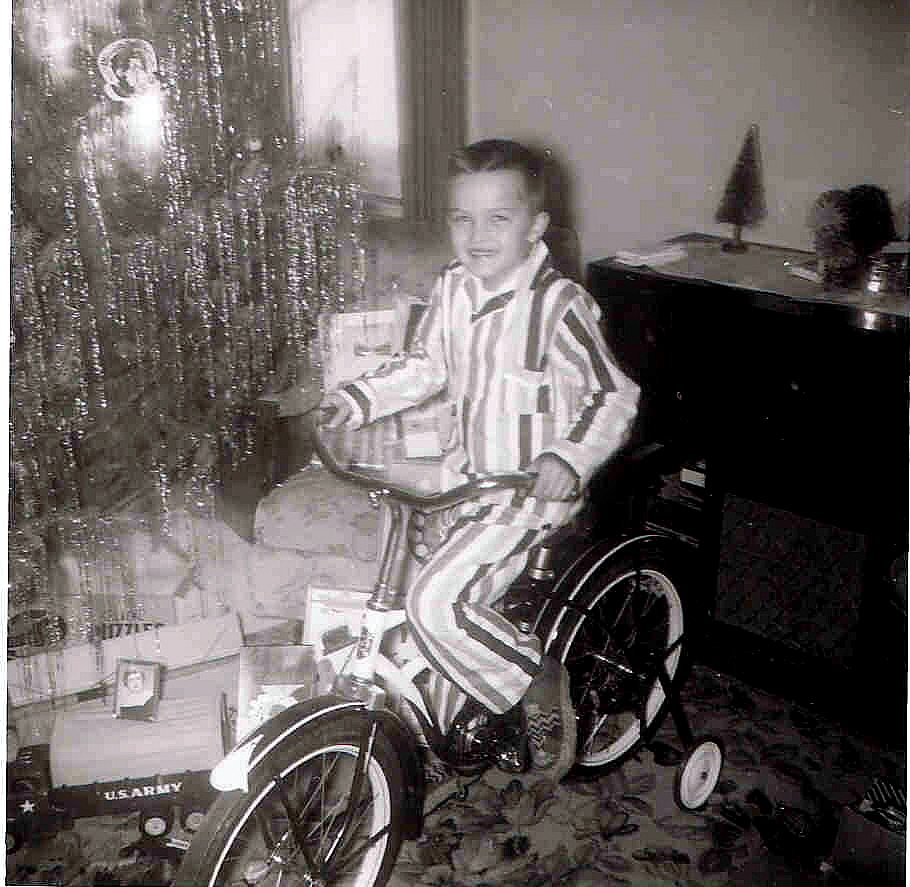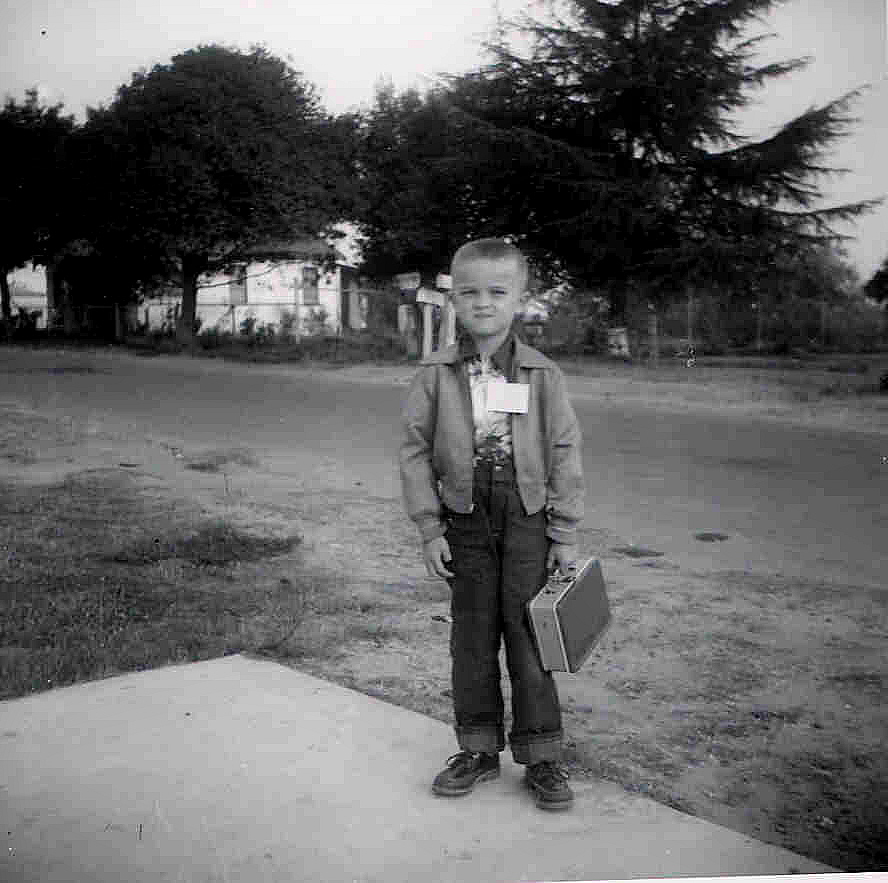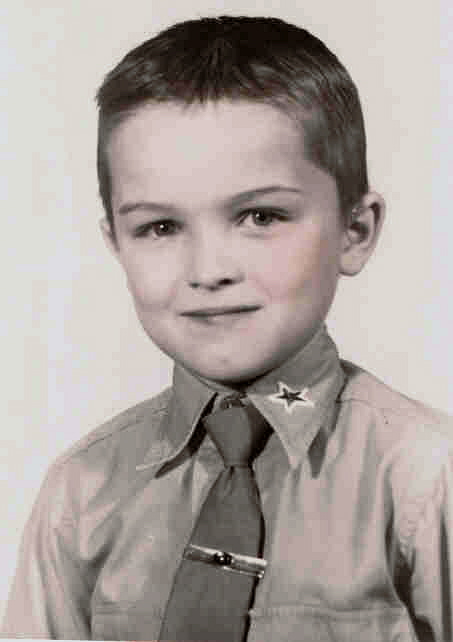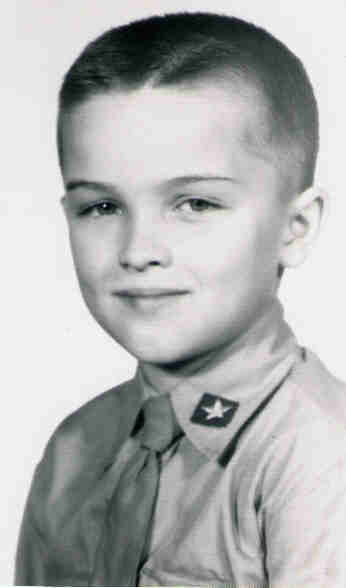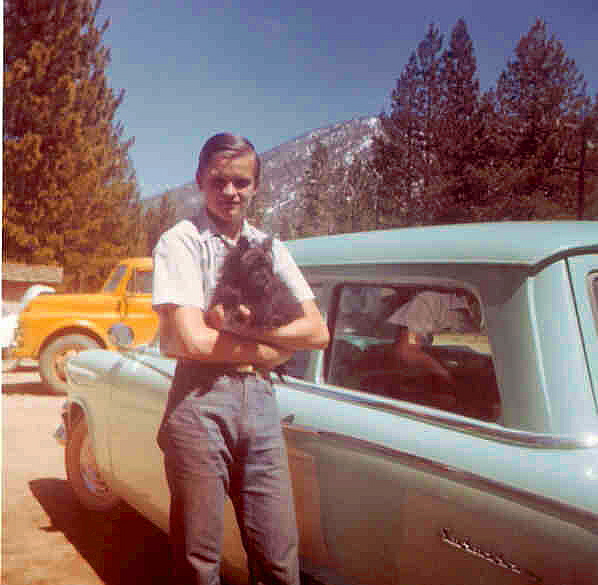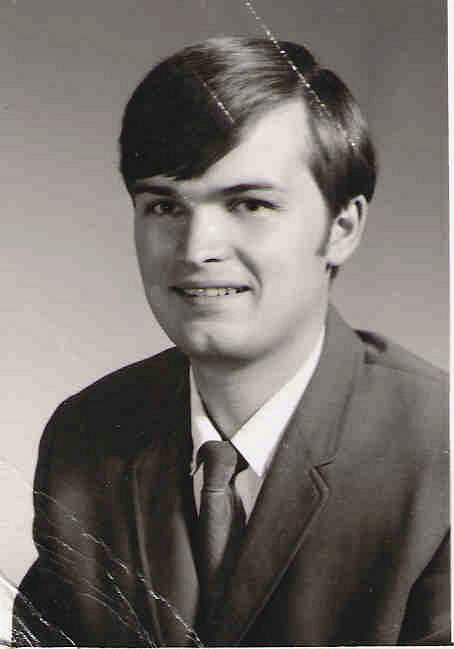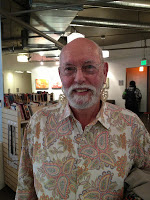As with any group they are both unique and still have similar dynamics as other groups. Once in awhile there is that peculiar charm that you want to see what will come up next.
If nothing else the particular combination of this group is unusual. The leader, Crow, seems unlikely to be the one filling that spot. He is brash and not very musical and it seems strange that the others even put up with him. They don’t especially seem to mind his almost unpleasant guidance. Canary does most of the solos. He is somewhat conceited, but as far as talent goes he is considerably the best singer in the group. Bantam is not especially musical, quite cocky and if not a friend of Duck he probably wouldn’t be interested in the group. Of course Duck isn’t especially musical either but likes the friends he’s made there and since Bantam and He are a couple, Bantam tags along. They never do solos and usually contribute little to the music but their strutting and showmanship does contribute to the total feel of musical presentation. Pigeon has a hypnotizing coo. Meadow Lark, Quail, Robin and Finch round are the other singers and each has their own individual style.
When performing they put on quite a show and are very popular. They do a few concerts but mostly are invited to be the entertainment at conventions, special events and in church services. Crow gets most of the gigs. He seems somewhat in the background during performances and snoozes with the various leaders and Ministers and is able to keep the group fairly active.
In rehearsals, a very different situation exists. Of course Bantam and Duck are a group all by themselves. Meadow Lark, Robin, Pigeon and Quail are a clique. Finch and Canary are close and in performing often do a duet. The effect of the various combinations can be especially moving at times. In between the songs the squawking, shrieks, caws, crowing, honks and chirps are anything but musical.
Fortunately that only occurs at rehearsals. The performances are well presented and have both style and class as well as the surprising tonal and variations in the musical style that exists nowhere else.
It has been over 60 years since I heard The Musicians. They were a part of my childhood and I became very close to several of the members. My experience seems to me to be somewhat unusual. My older sister is five years older than me and my younger sister is four years younger. Alone on the farm with almost no contact with either or my brother that was seven years younger or the neighbors who were too far away, I spent my time with the farm animals, the wild birds and various wild animals from time to time. I don’t recall much music from the radio or records. I preferred to be outside when my health permitted and I learned to be with my own thoughts without language or culture. I was in awe of other kids when I went to school and didn’t learn to make friends until I went to College. The sights and sounds of the farm was my world and my friends and the visitors from the bird and animal kingdom were the entertainment. I enjoyed their performances and assume that they put on shows when I wasn’t around. Surly they had many audiences. They were The Musicians that influenced my life. After all who else would go to a bird concert and hear the songs and arias of the farm. It’s just something that the city folks missed out on.
About the Author
I go by the drag name, Queen Anne Tique. My real name is Michael King. I am a gay activist who finally came out of the closet at age 70. I live with my lover, Merlyn, in downtown Denver, Colorado. I was married twice, have 3 daughters, 5 grandchildren and a great grandson. Besides volunteering at the GLBT Center and doing the SAGE activities,” Telling your Story”,” Men’s Coffee” and the “Open Art Studio”. I am active in Prime Timers and Front Rangers. I now get to do many of the activities that I had hoped to do when I retired; traveling, writing, painting, doing sculpture, cooking and drag.

